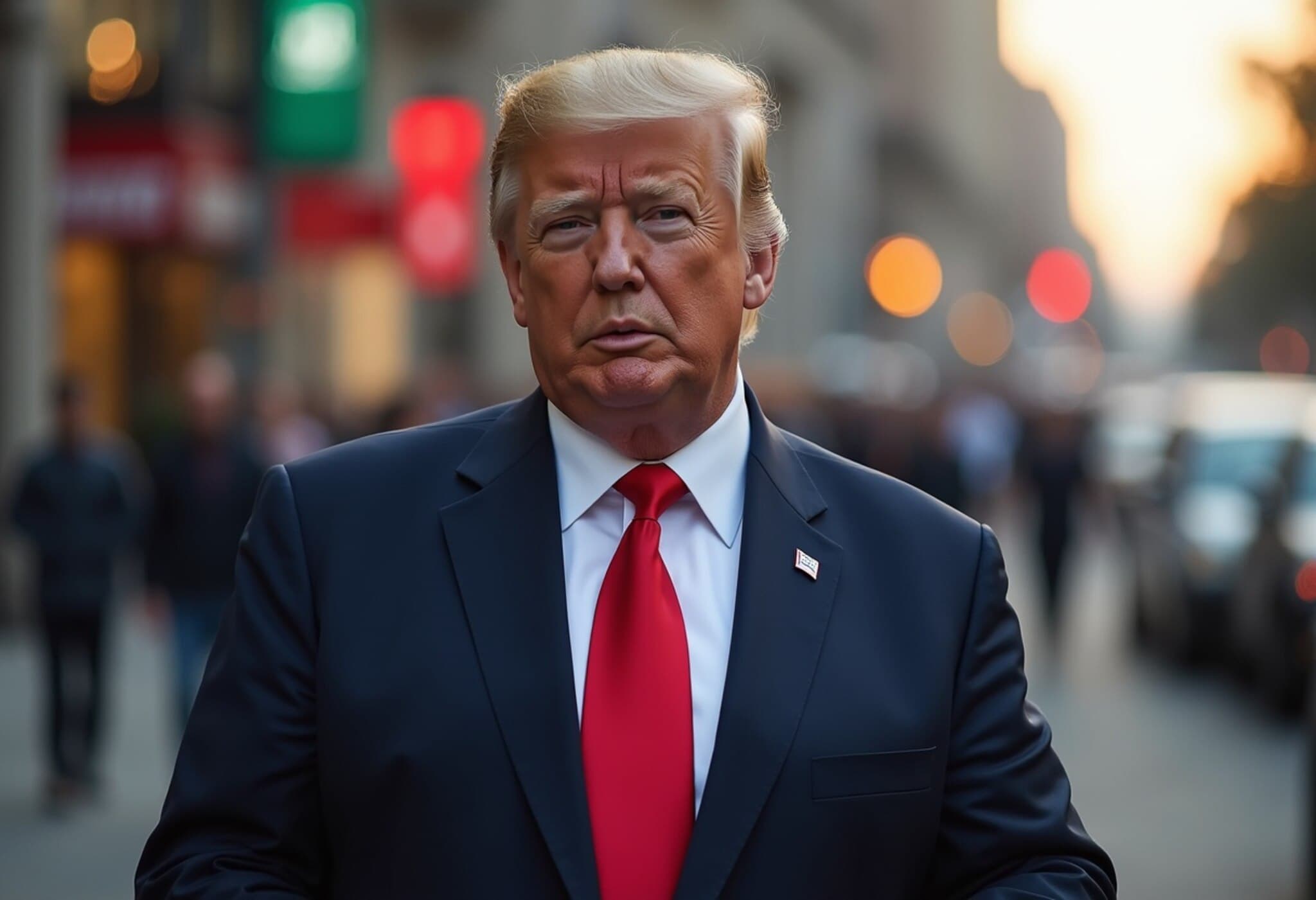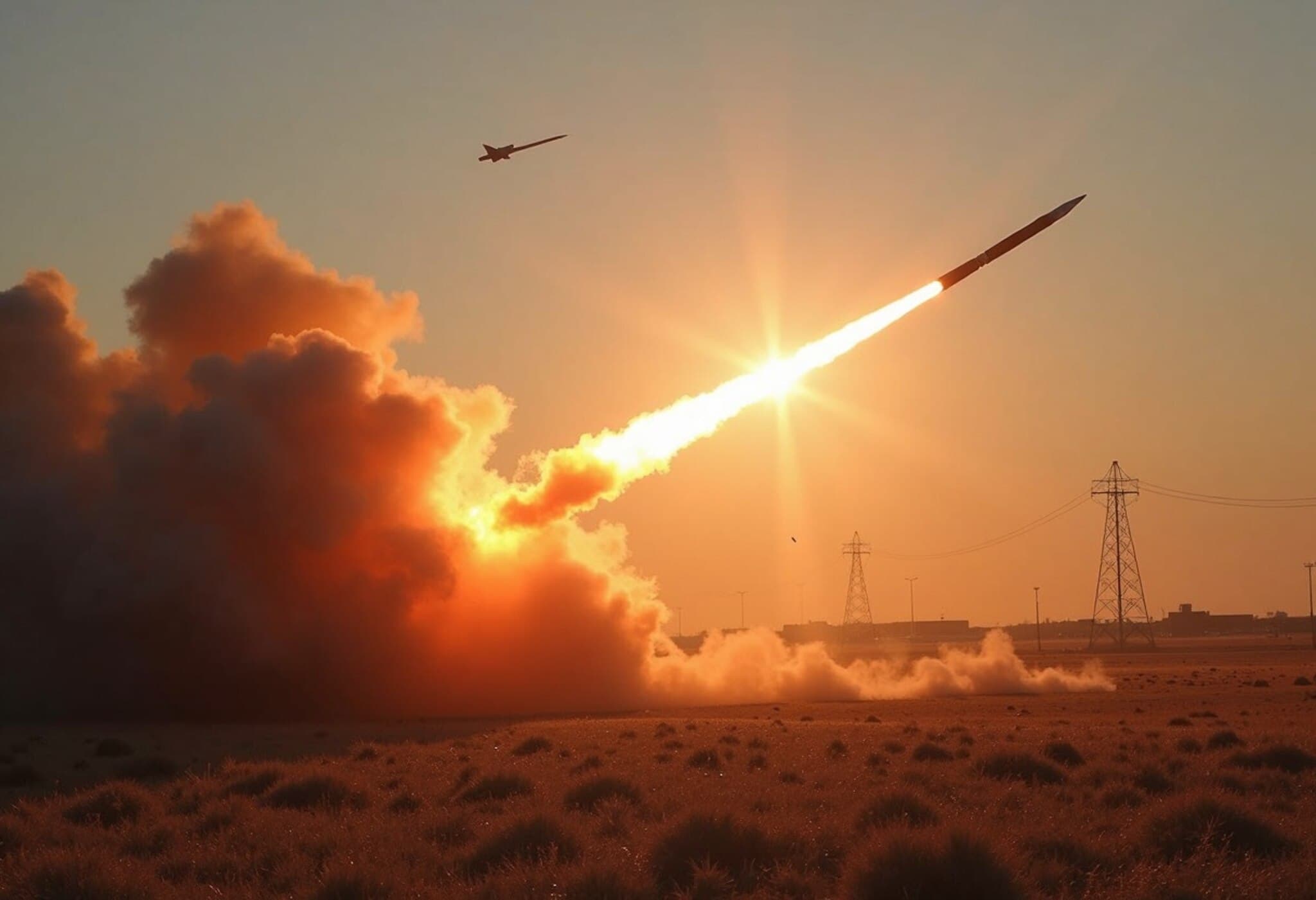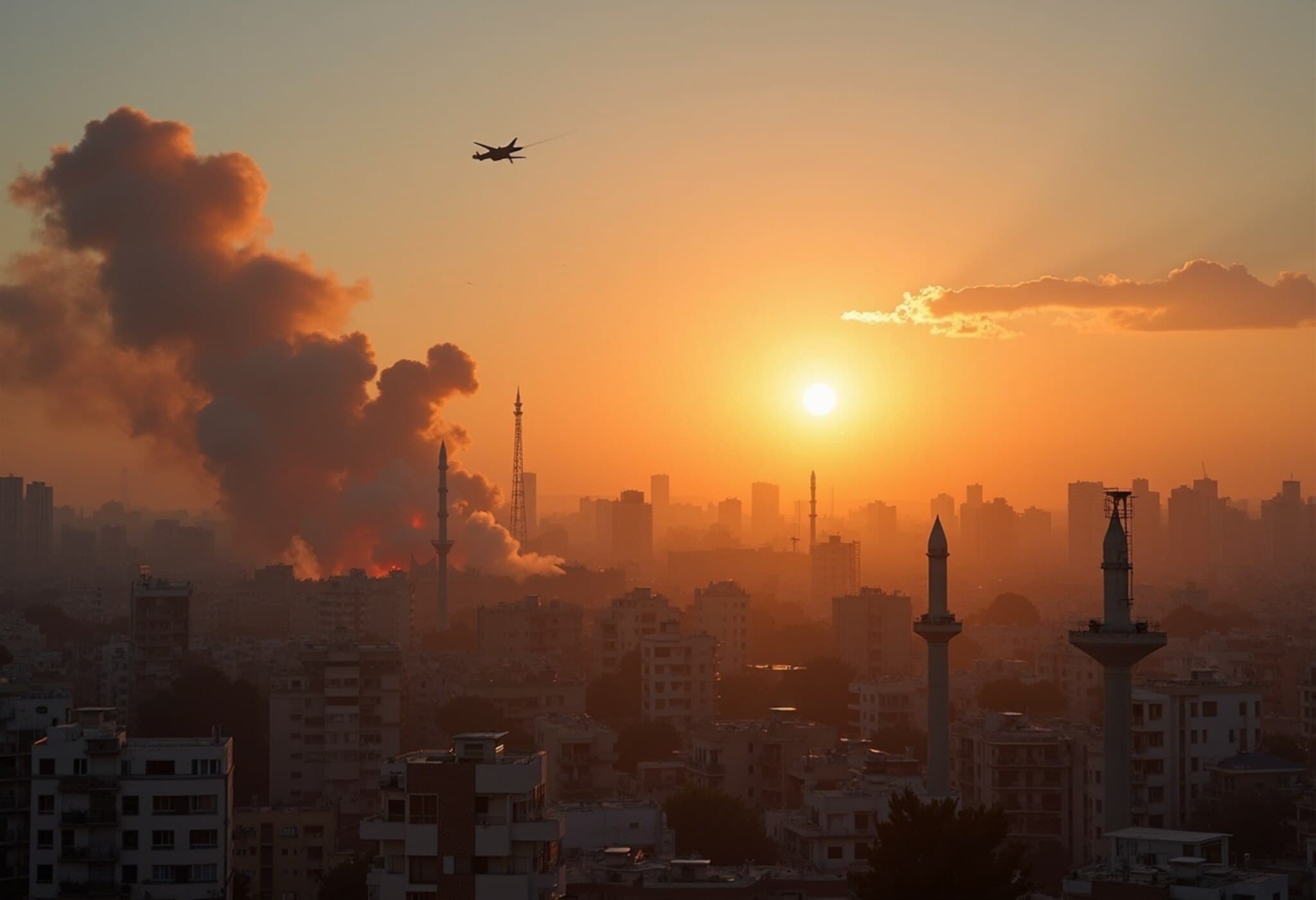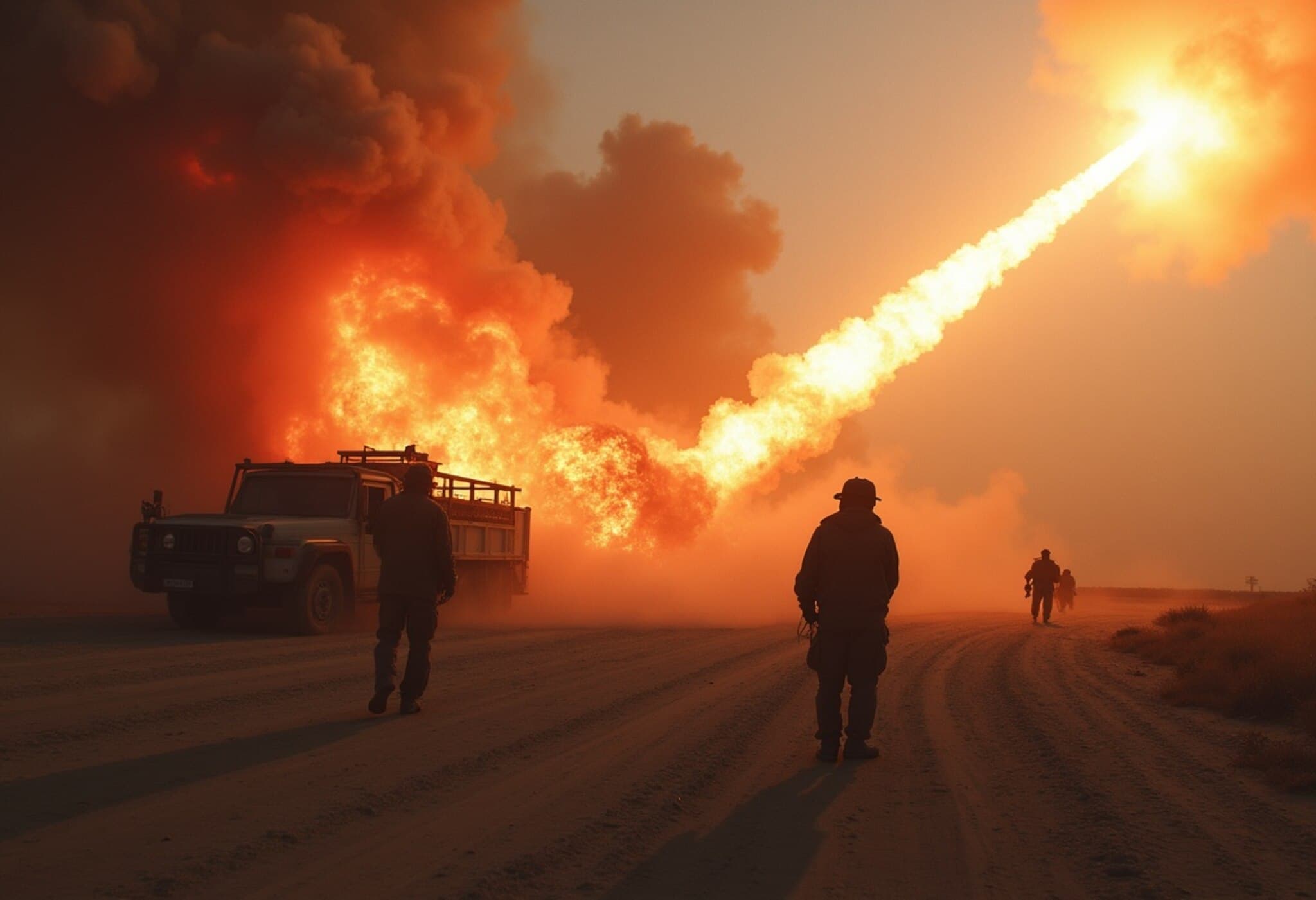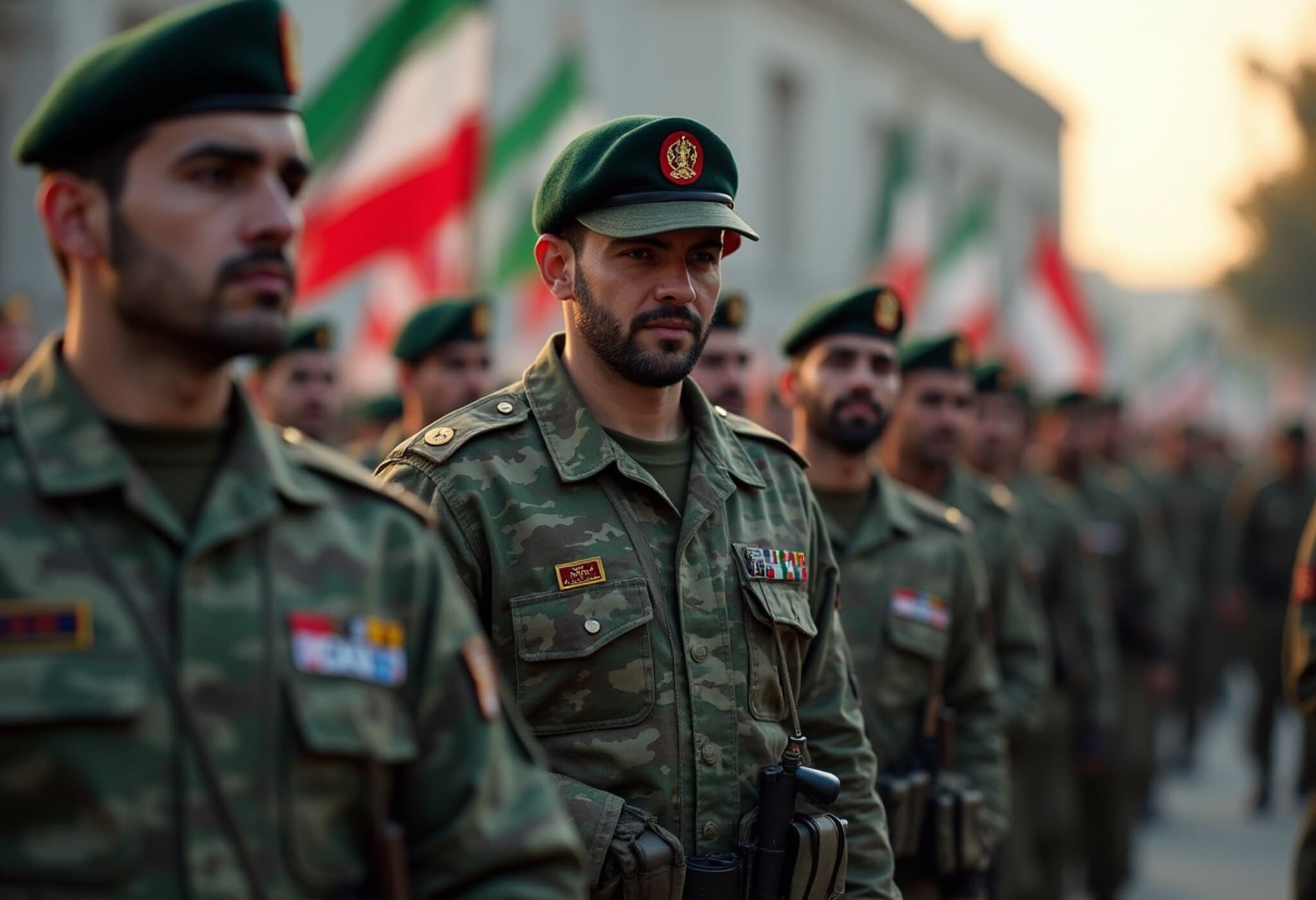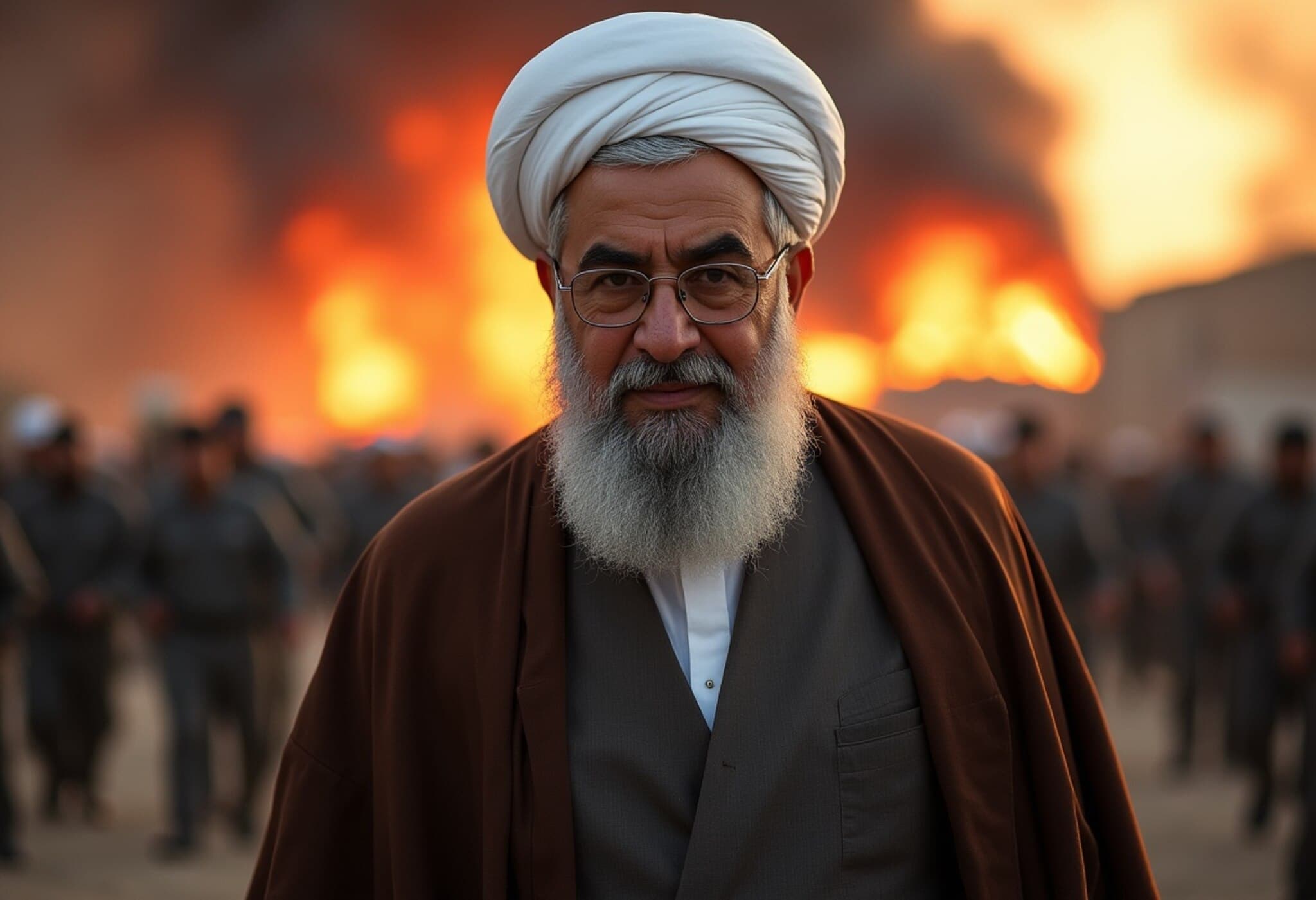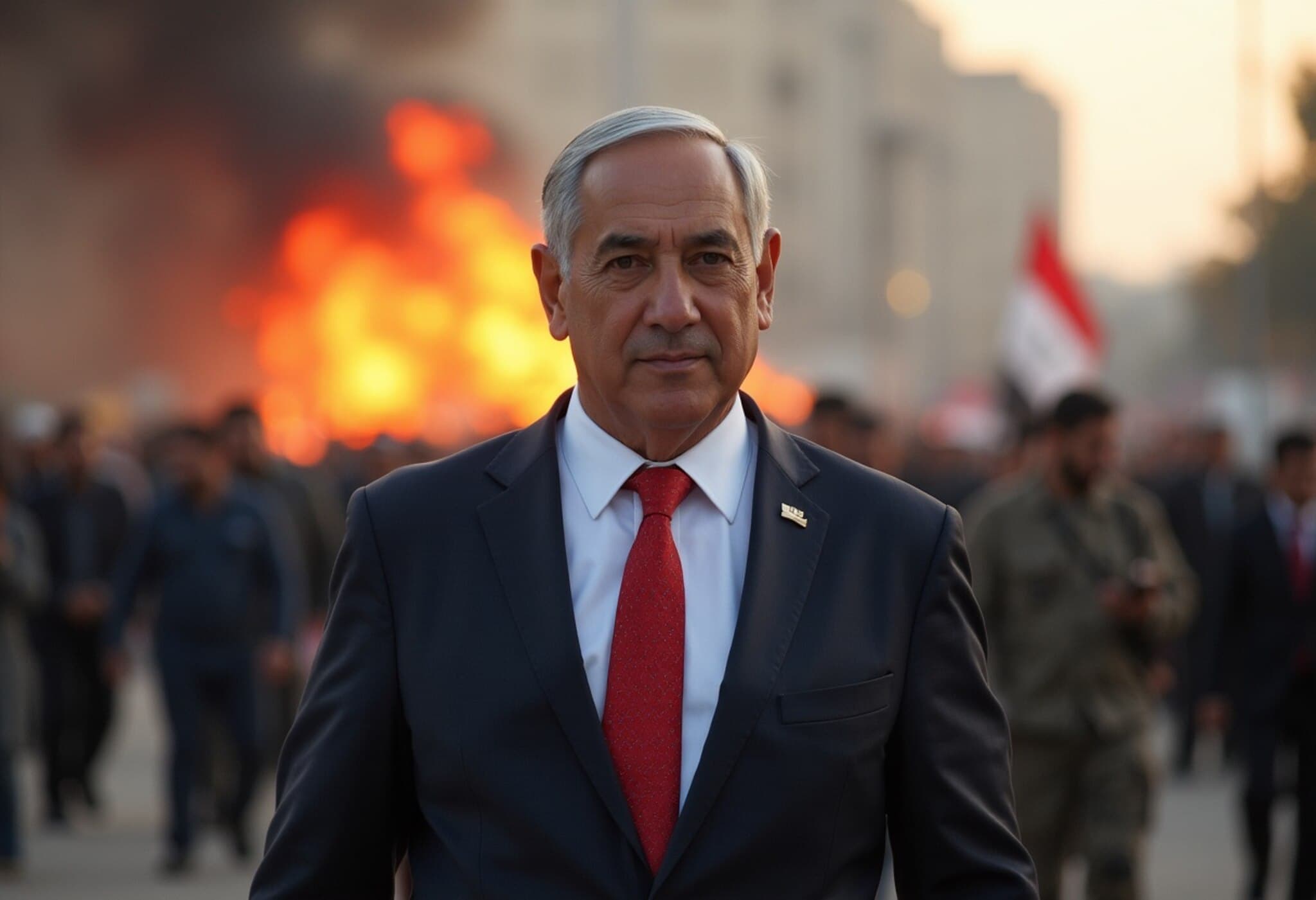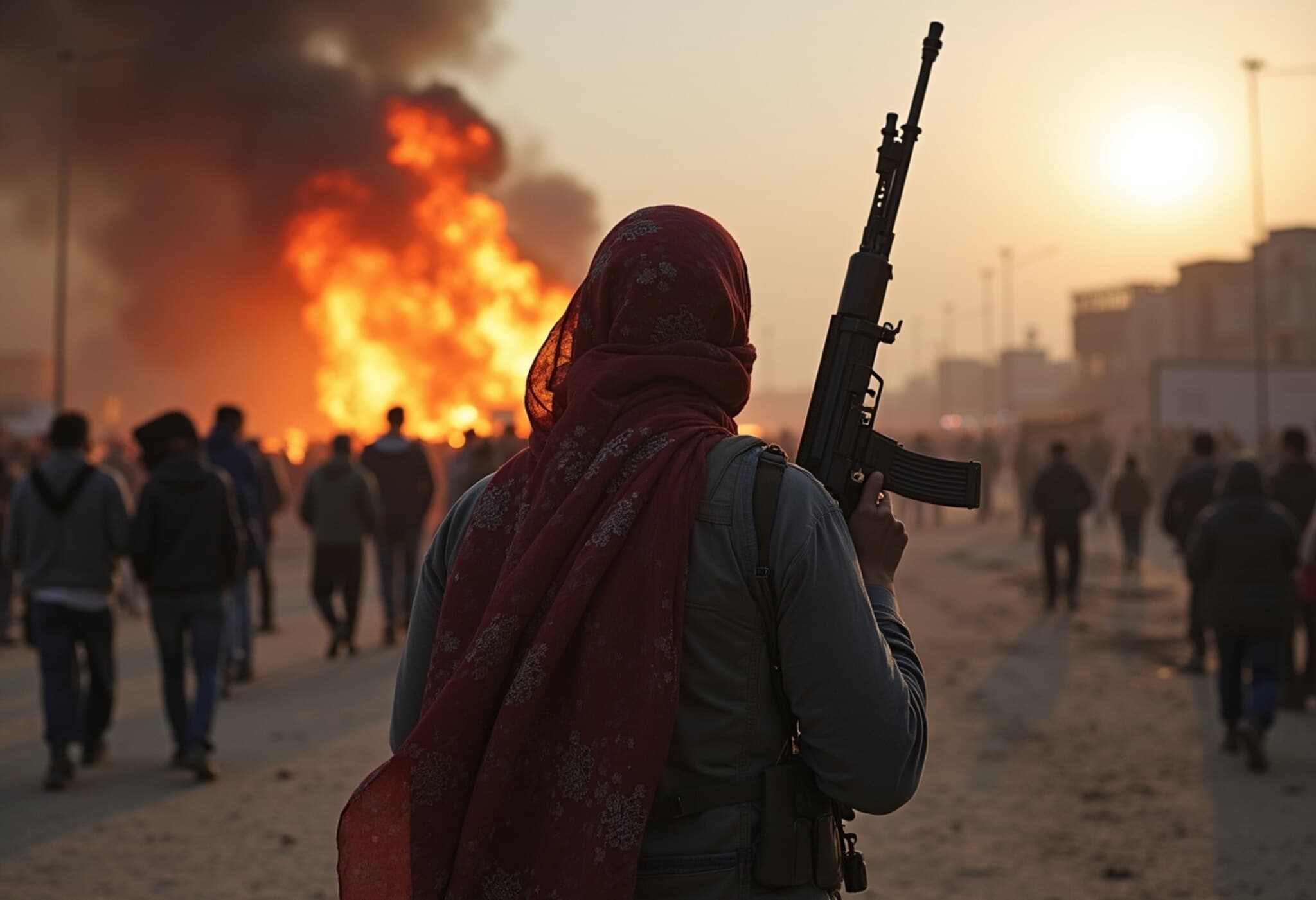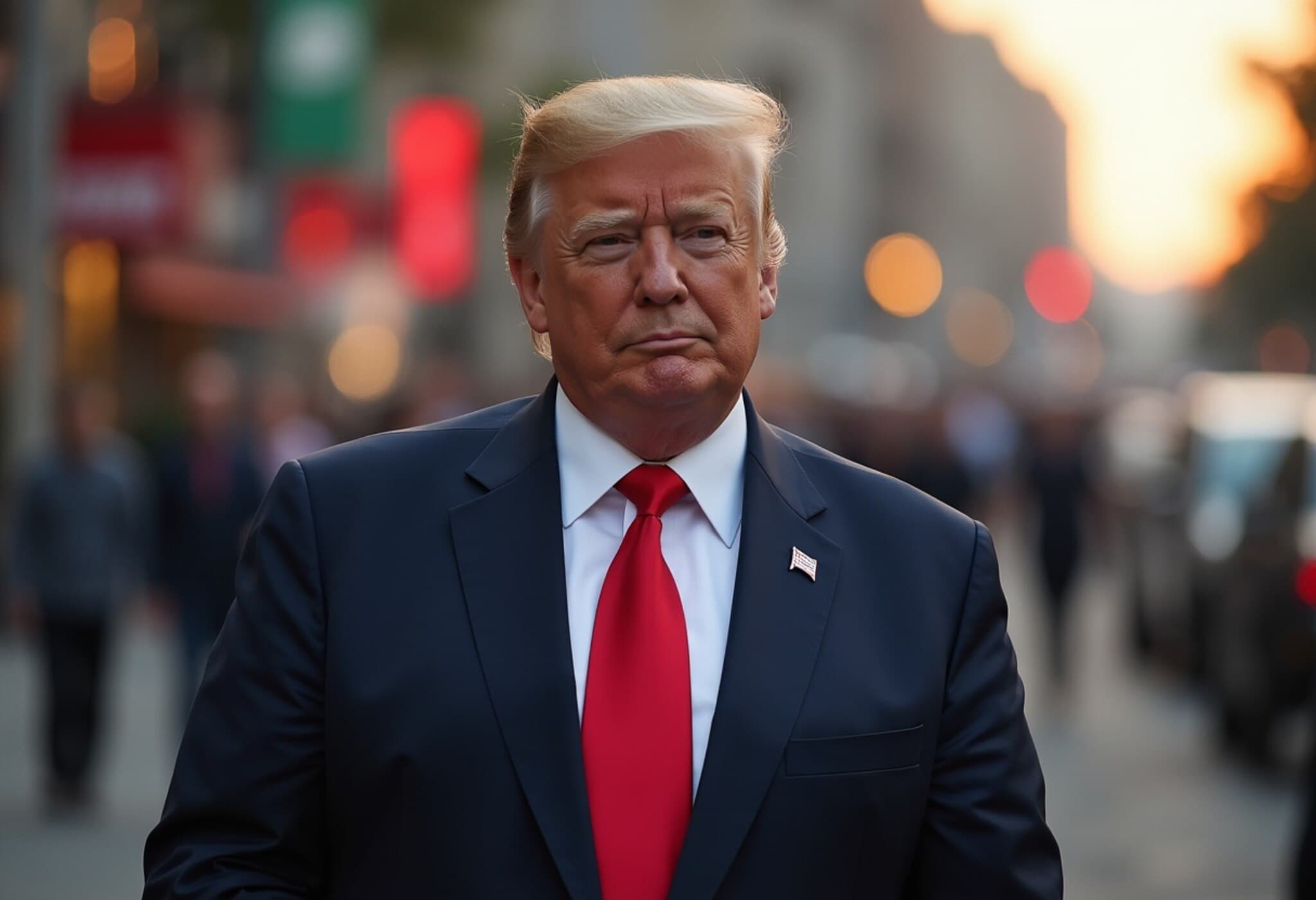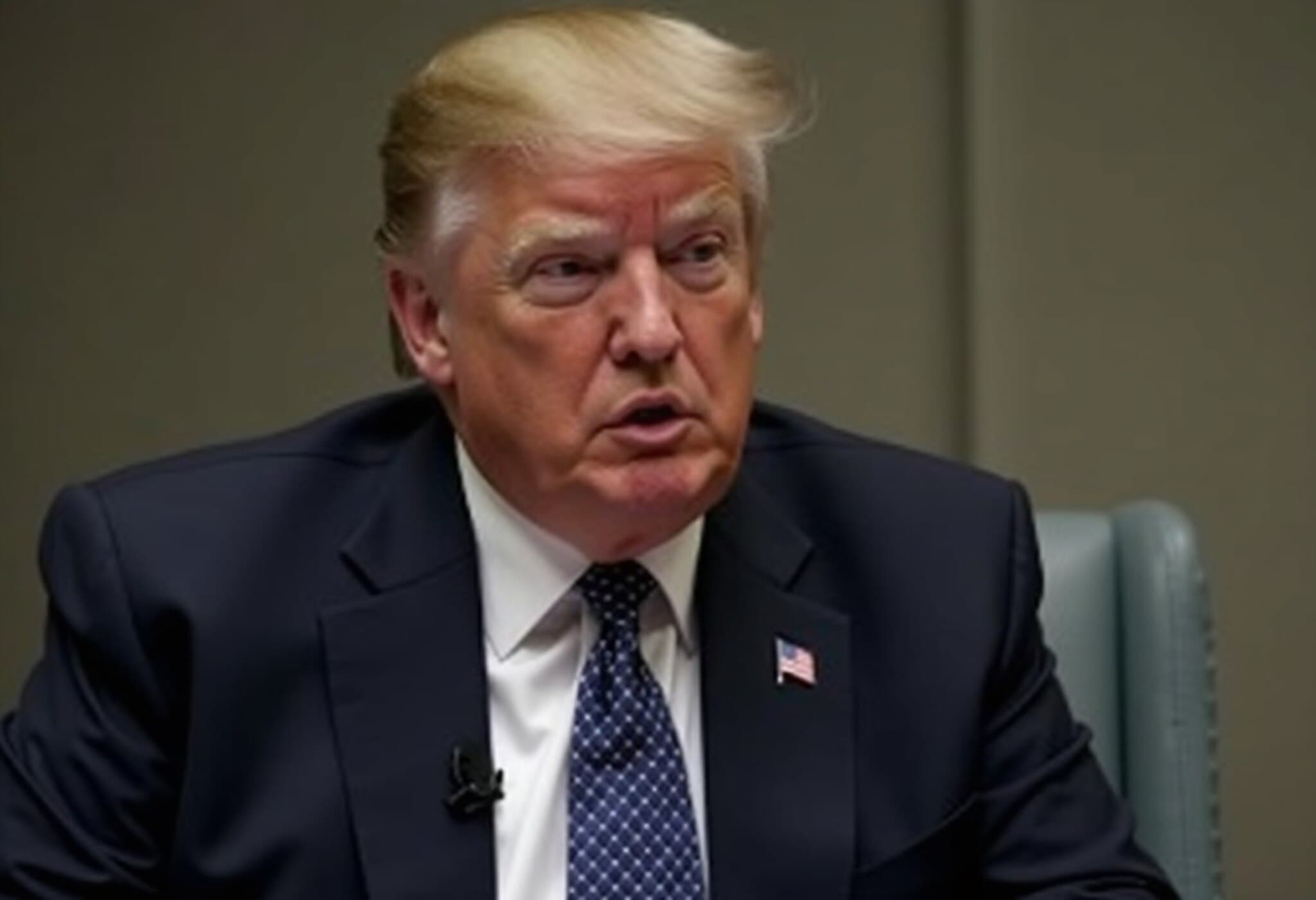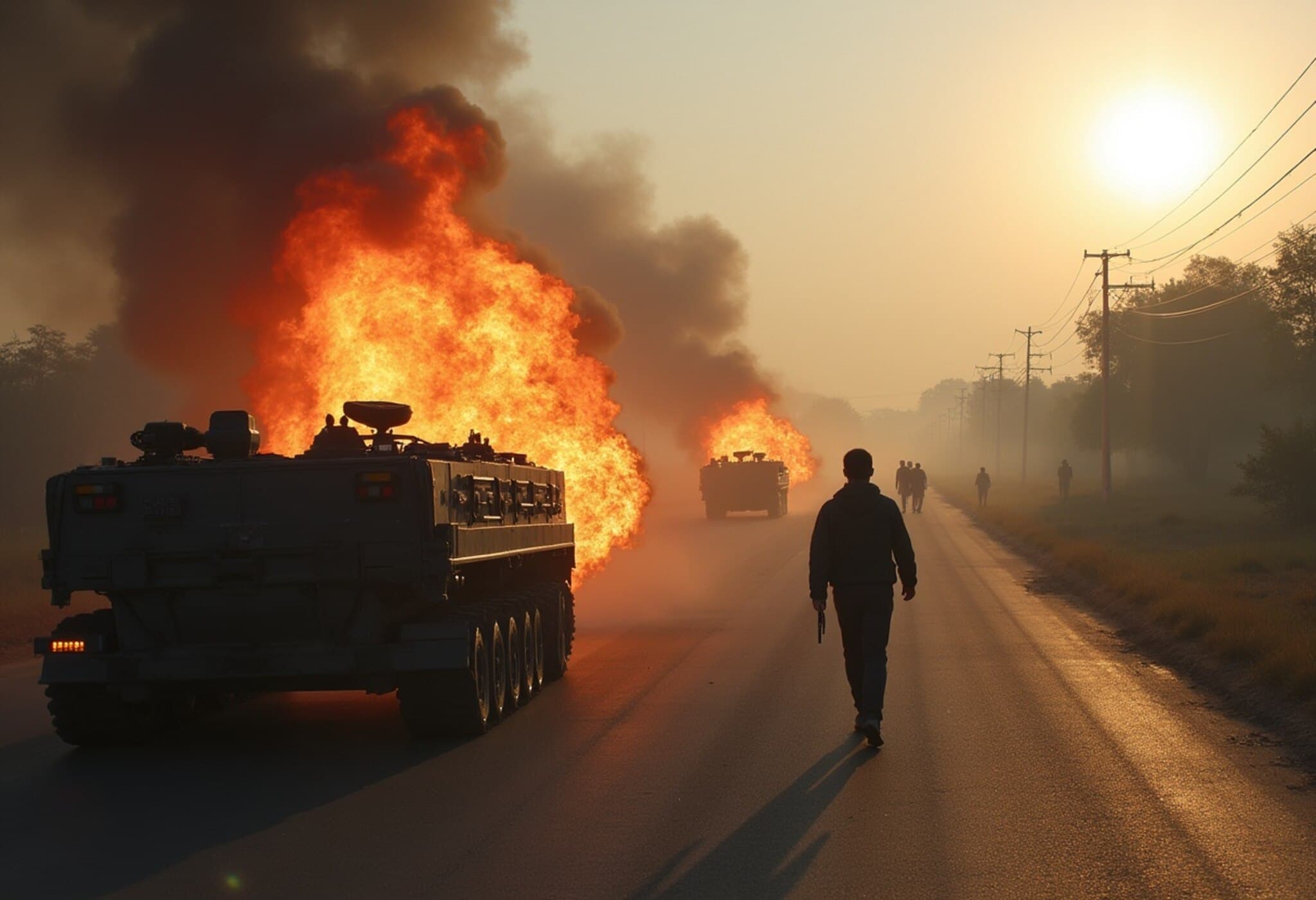Trump Calls for Escalation as Ceasefire Talks Collapse
In a stark departure from diplomatic caution, former US President Donald Trump has urged Israel to escalate military operations and ‘finish the job’ against Hamas. His comments come on the heels of the United States pulling its negotiators from critical ceasefire talks aimed at ending the protracted conflict in Gaza.
During the initial stages of his private visit to Scotland, Trump dismissed the prospect of negotiation, asserting, “They want to die, and it’s very, very bad. It got to be to a point where you’re gonna have to finish the job,” referring to Hamas. His blunt language signals a pivot to a more hawkish stance at a delicate juncture in Middle East peace efforts.
The Breakdown of Ceasefire Negotiations
Earlier this month, the US withdrew its special envoy, Steve Witkoff, from ongoing indirect talks hosted in Qatar, which sought to facilitate a ceasefire and secure the release of Israeli hostages. Witkoff publicly faulted Hamas for the stalemate and hinted that Washington was weighing alternative strategies.
Despite the withdrawal, Israeli Prime Minister Benjamin Netanyahu emphasized his government's continued desire for a ceasefire but accused Hamas of obstructing any agreement. This diplomatic impasse has left the region increasingly unstable.
Why Did Talks Fail?
- Mutual distrust: Hamas and Israel remain deeply entrenched in conflicting narratives and objectives.
- Hostage issue: The fate of Israeli captives remains a key obstacle to consensus.
- Humanitarian pressures: Escalating crises have increased urgency, but also hardened negotiation positions.
Gaza’s Humanitarian Catastrophe Worsens
Meanwhile, the humanitarian situation in Gaza has deteriorated to alarming levels. The United Nations’ World Food Programme has issued urgent warnings about rising malnutrition, especially among vulnerable women and children. According to Gaza’s Hamas-run health ministry, malnutrition-related deaths have reached 122 since the conflict began, with fatalities rising amid severe shortages of food, medicine, and essential supplies.
International voices, including France and the UK, have called for the immediate lifting of Israeli restrictions on humanitarian aid. Their joint statement condemned the withholding of lifesaving assistance as “unacceptable,” highlighting the moral imperative to protect civilians caught in the crossfire.
The Implications of Trump’s Stance
Trump’s rhetoric not only signals a hardening US posture but also threatens to complicate future diplomatic efforts. By urging Israel to intensify military action, he risks inflaming an already volatile situation, potentially deepening the humanitarian crisis and prolonging the conflict.
Experts caution that this approach could undermine regional stability and jeopardize any prospects for a sustainable peace. They emphasize the importance of nuanced engagement that balances security concerns with humanitarian needs and long-term reconciliation.
Looking Ahead: Critical Questions Remain
- Can renewed mediation efforts bridge the deep divides blocking a ceasefire?
- How will the international community respond to escalating humanitarian needs in Gaza?
- What role should the US and other powers play in steering toward peace without exacerbating violence?
Expert Insight:
The complexity of the Israeli-Palestinian conflict requires careful diplomatic navigation. Analysts note that calls for outright military victory often overlook the profound human costs and risk entrenching cycles of violence. Sustainable peace will likely depend on renewed dialogue, confidence-building measures, and addressing the root causes of mistrust.

